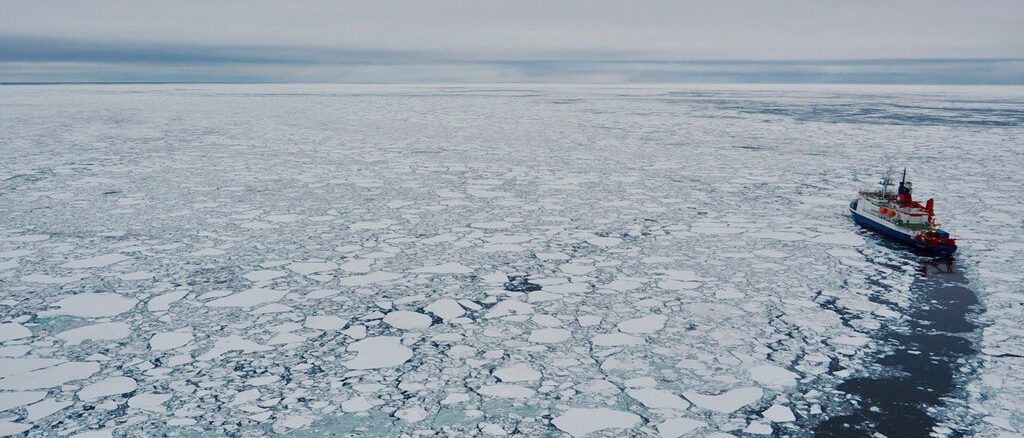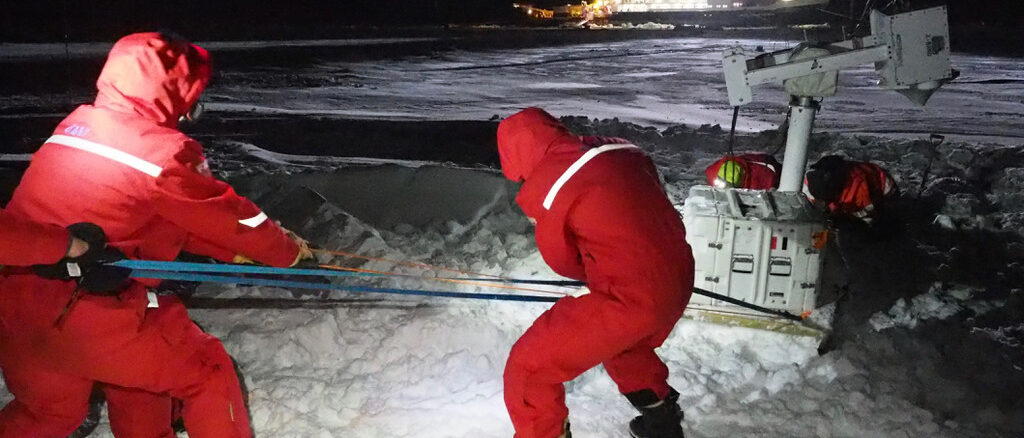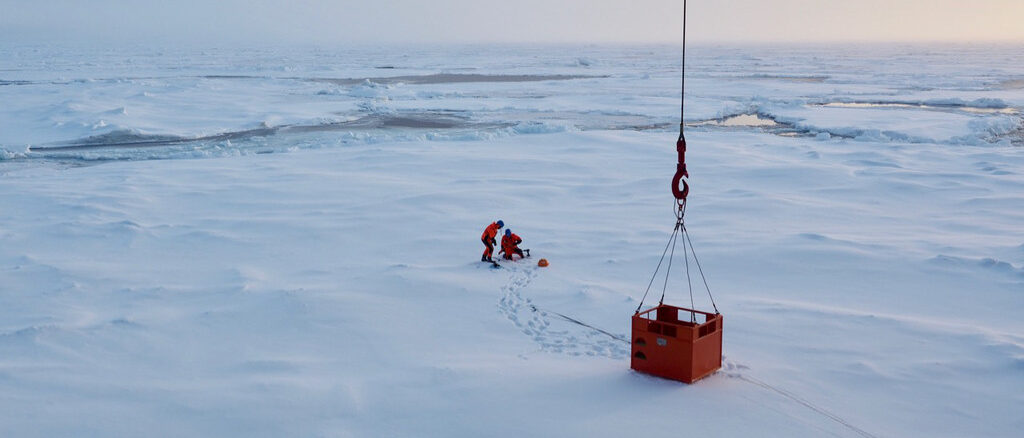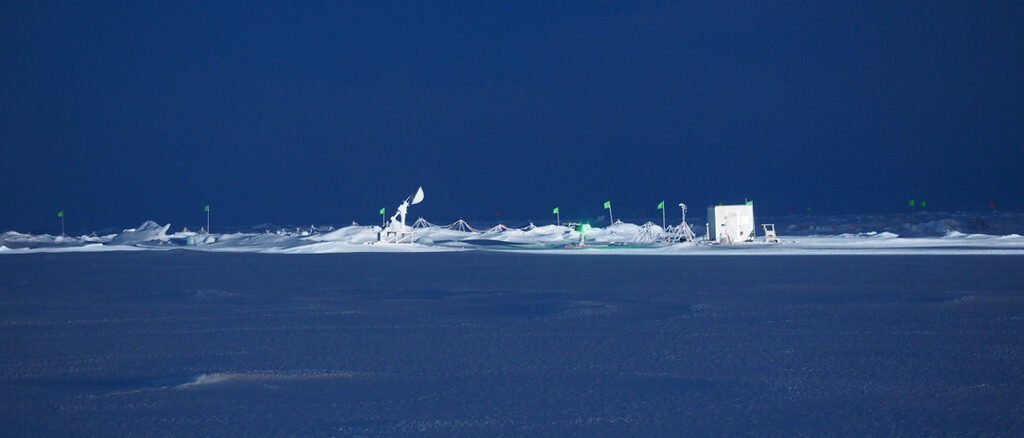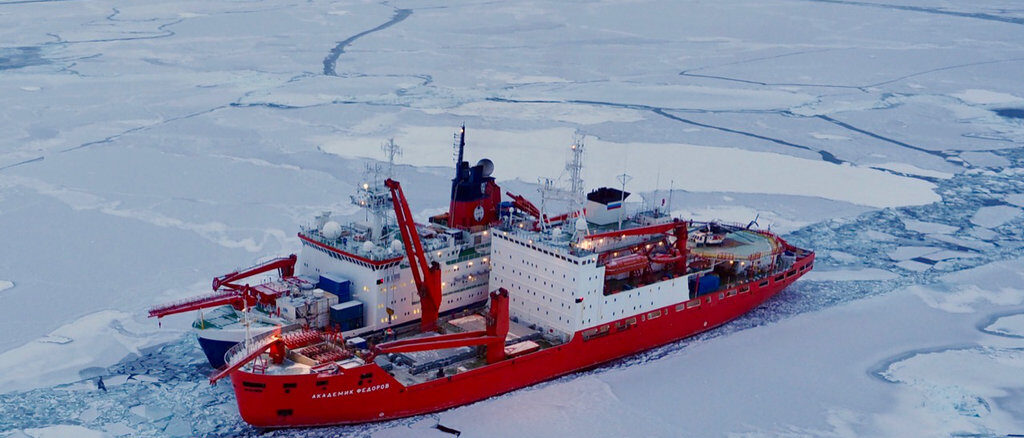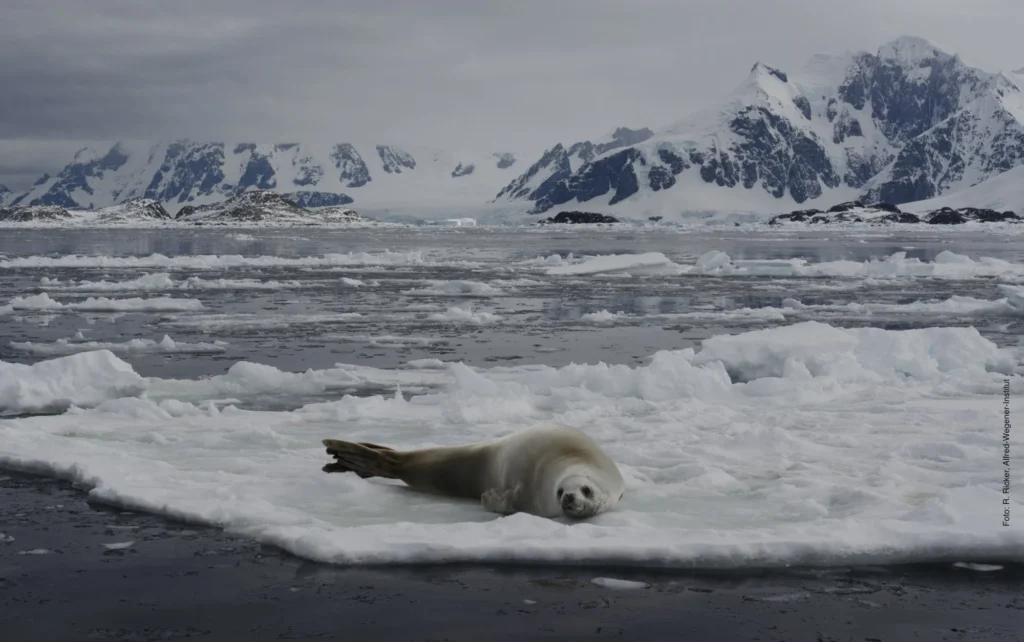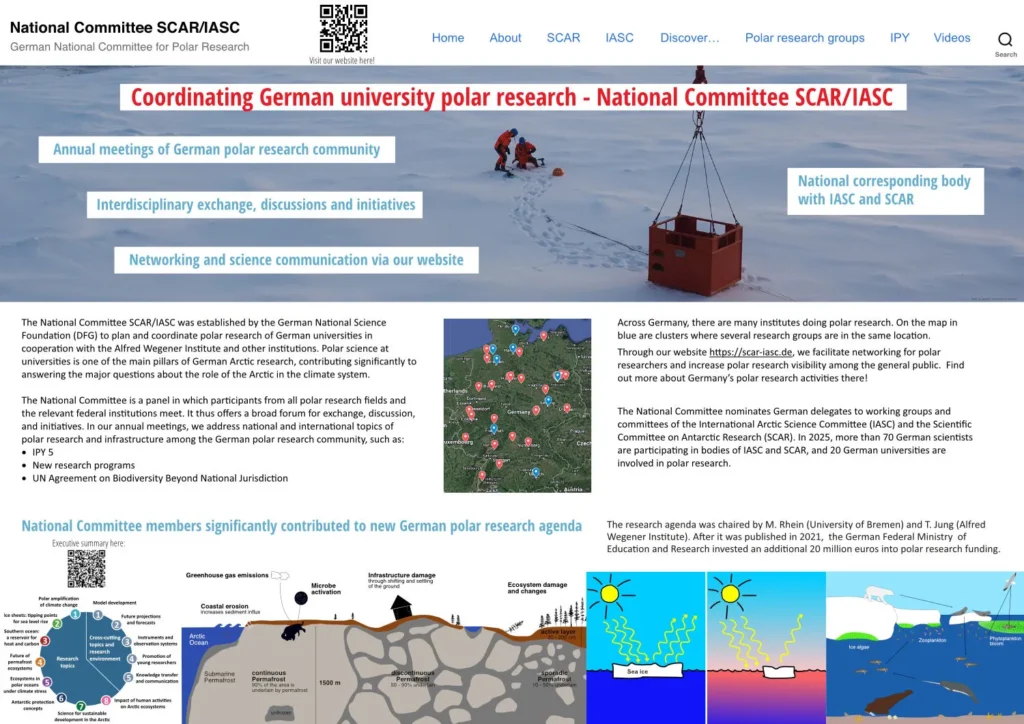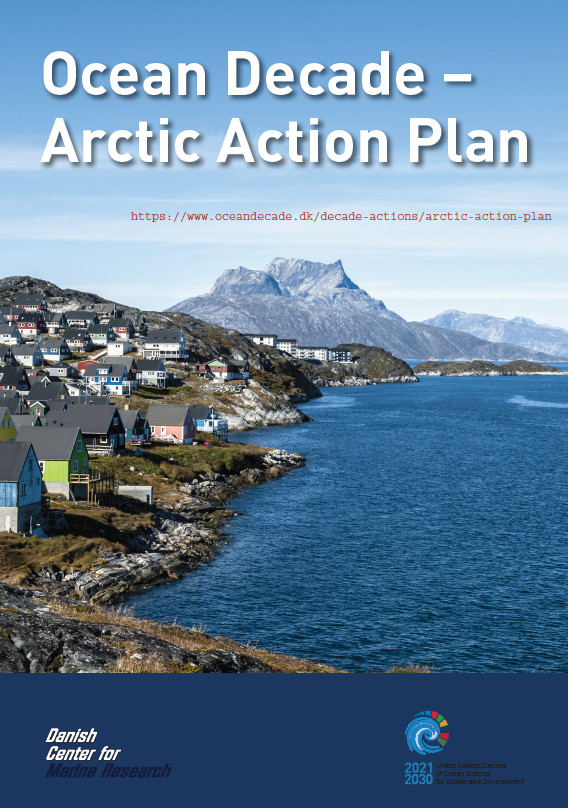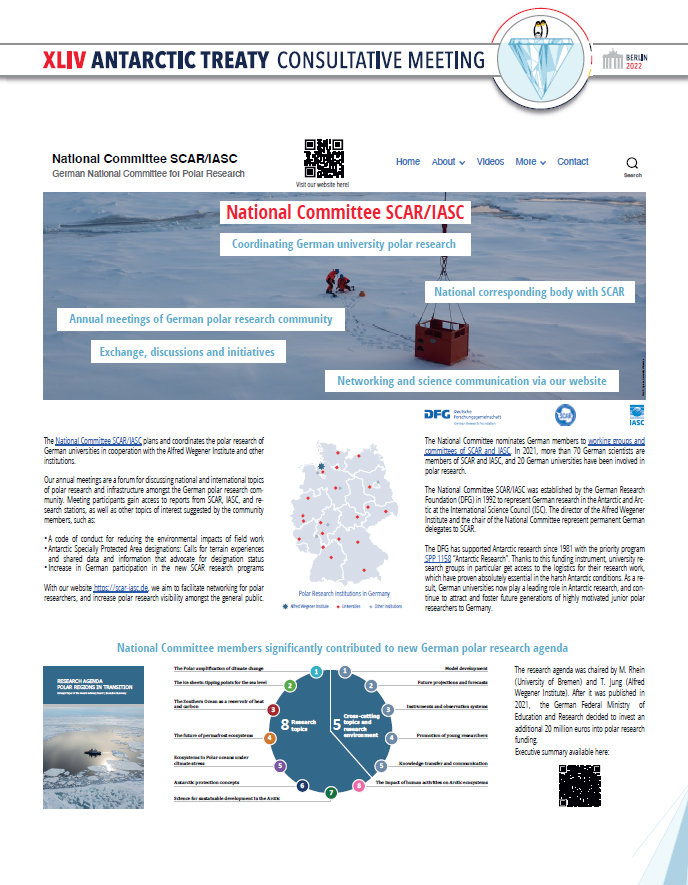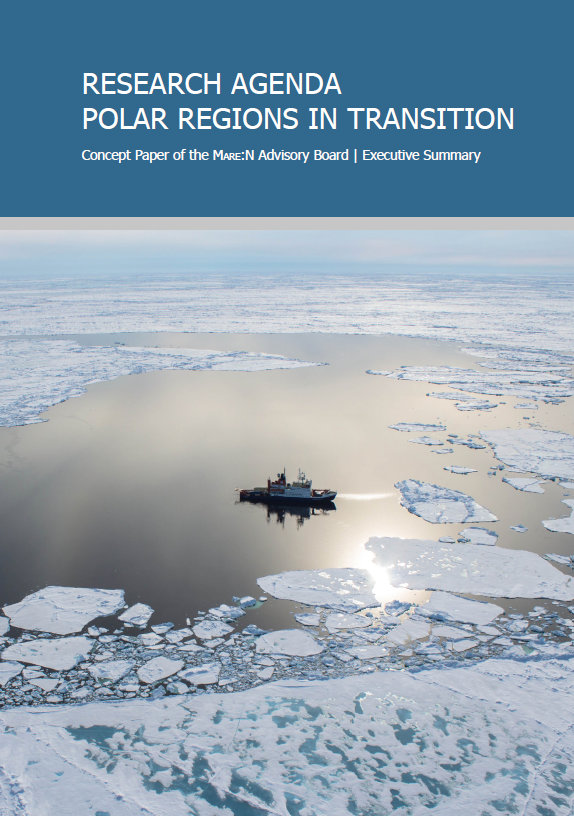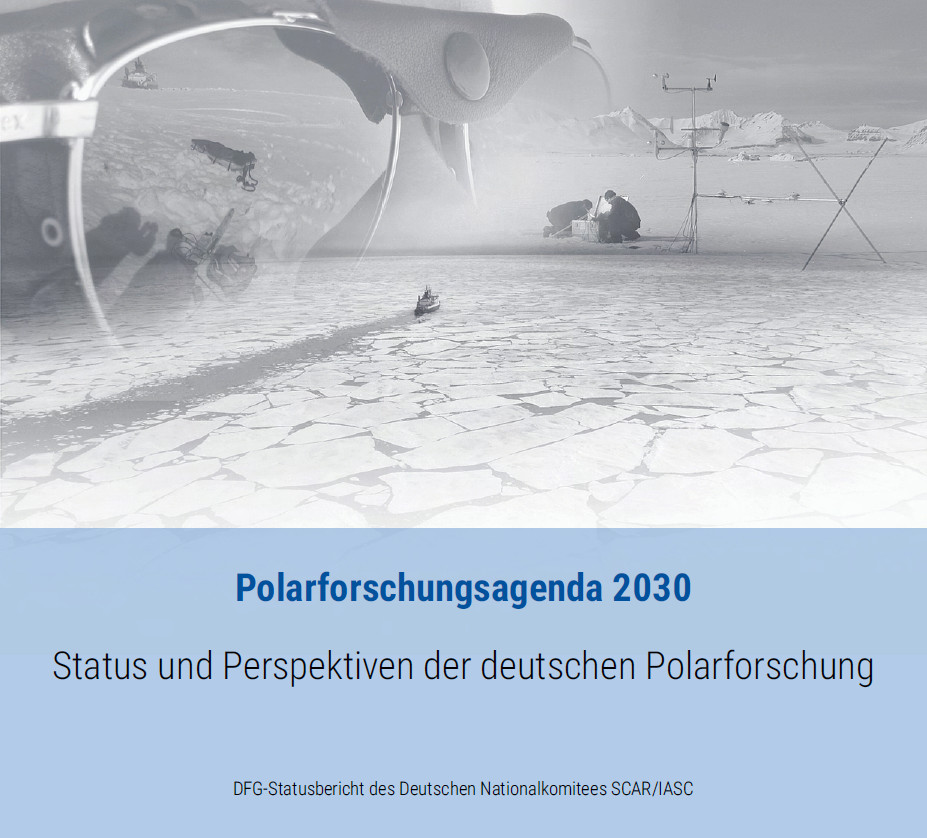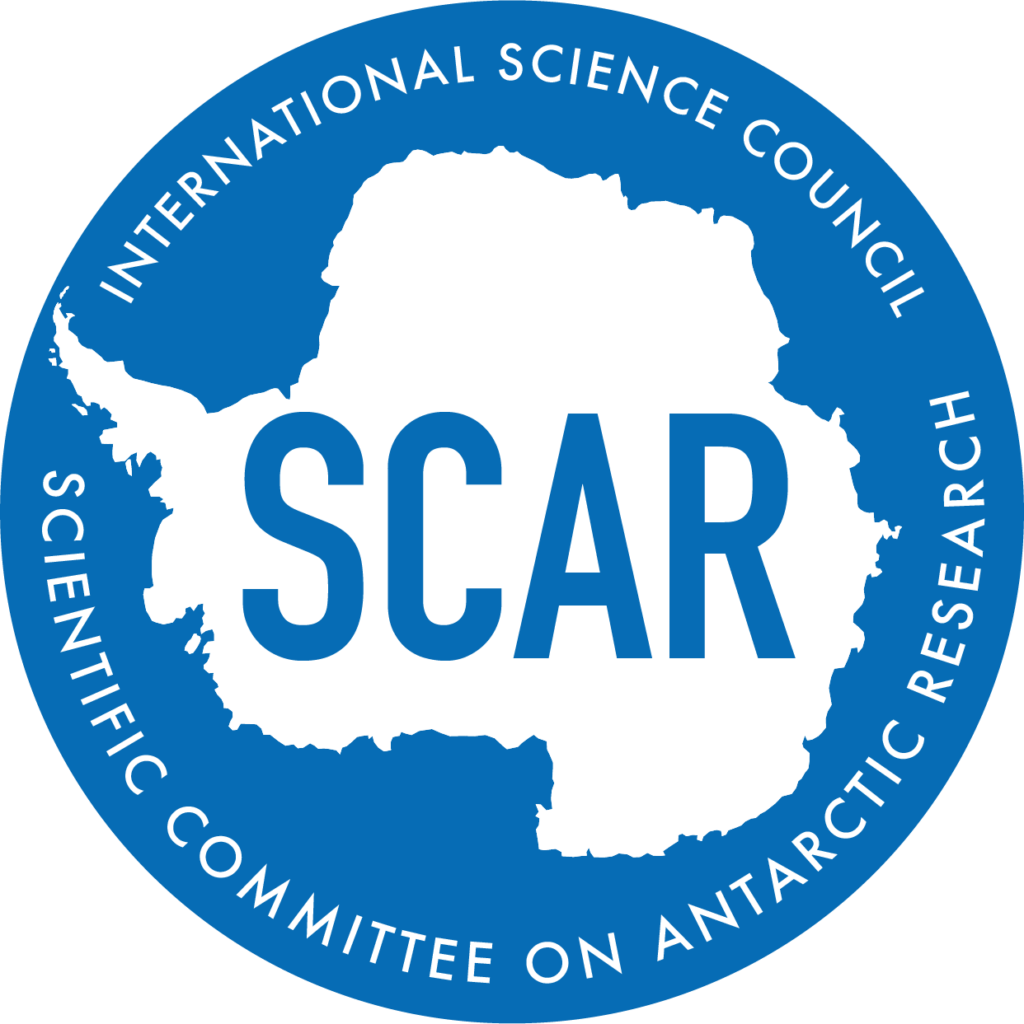The Arctic and the Antarctic are key regions for the climate. Man-made global warming has a particularly strong impact on the polar regions, with far-reaching consequences:
- The Arctic and Antarctic ice sheets bind most of the fresh water on earth. Their melting is crucial for global sea level rise.
- The decreasing sea ice cover in the Arctic is causing altered air pressure structures. As a consequence, the probability of cold air masses from the north and east extending to central Europe increases.
- The polar oceans are key regions for the storage of carbon dioxide and drive the climate modulating global ocean circulation. As a result, they are crucial to how the world’s climate will develop over the coming decades to centuries.
- The thawing of permafrost can lead to an increased release of greenhouse gases and endanger the stability of the ground. It affects buildings, roads, railroads, power, oil and gas pipelines, industrial plants and communication links, with estimated damages of about $150 billion per year from 2030 onwards.
- The fast warming threatens the biodiversity and functionality of polar ecosystems. This has feedback effects on the climate, as some polar organisms bind carbon dioxide. Endangered organisms are also a food source for whales, seals, penguins and other seabirds as well as for most fish, which is why fisheries are also affected.
To be able to make reliable statements about the effects of climate change, extensive measurements over a long period of time and realistic model simulations are necessary. Find more information on topics from the German research agenda here.
The insights of the German polar research are important for understanding global and regional climate change. They have been incorporated into the Assessment Reports of the Intergovernmental Panel on Climate Change (IPCC) and will continue to make a significant contribution in the future.
The National Committee SCAR/IASC coordinates the German university research in the field of polar research together with the Alfred Wegener Institute and the relevant federal institutions.
Scientific Committee on Antarctic Research (SCAR)
International Arctic Science Committee (IASC)
Polar research groups in Germany
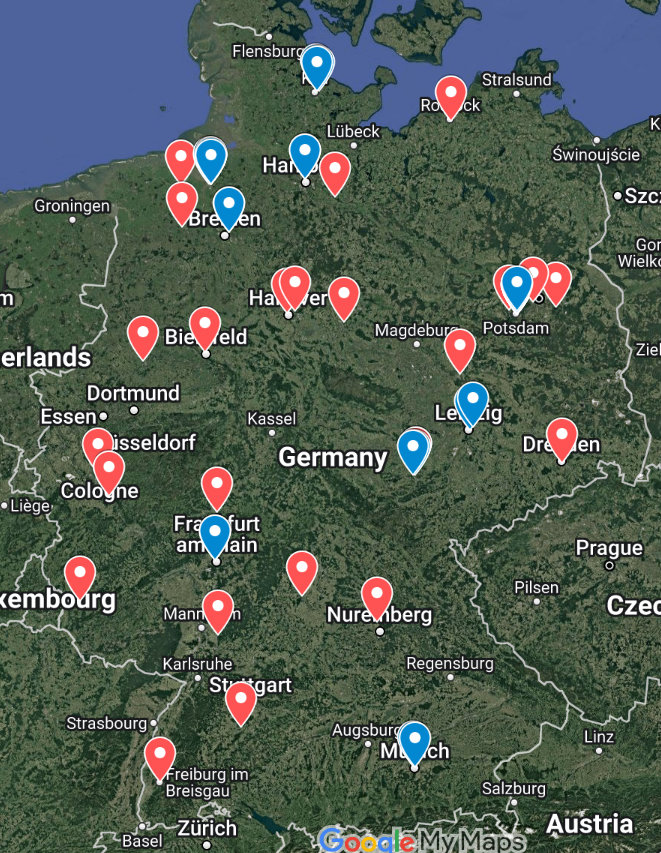
Find an overview of the German polar research institutions and their research activities here
Meetings
| SCAR Open Science Conference 08.08. – 19.08.2026, Oslo, Norway |
| European Geosciences Union General Assembly 2026 03.05. – 08.05.2026, Wien, Österreich |
| 35. Sitzung des Nationalkomitees SCAR/IASC 22.04. – 23.04.2026, Gießen, Justus-Liebig-Universität |
| ASSW 2026 25.03. – 01.04.2026, Aarhus, Denmark |
| POLARSTERN Workshop 19.03. – 20.03.2026, Haus der Wissenschaft, Bremen, Germany |
| more coming soon |
SCAR Event Calendar
IASC Event Calendar (ARCUS)
DFG leaflet on support for participating in international scientific organizations
See item 2 (pages 4 – 5) for instructions on how to apply for a travel grant to attend a SCAR or IASC meeting (document in German only).
News
ASSW and ICARP IV Summit
From March 20 – 28, 2025, nearly 1200 international scientists and researchers, Indigenous Knowledge holders, and community members from across the Arctic and beyond gathered at the University of Colorado Boulder in the United States for the Fourth International Conference on Arctic Research Planning (ICARP IV) and the Arctic Science Summit Week (ASSW). This Summit brought together representatives of Arctic Indigenous Peoples in equal and respectful partnership with scientists, researchers, educators, and representatives from many organizations to identify future international Arctic research priorities for the coming decade. The National Committee presented its work there on a poster.
Great success for German Antarctic research
The DFG priority program 1158 “Antarctic research with comparative studies in Arctic ice areas” under the coordination of Prof. Dr. Ulf Karsten (University of Rostock) has ben granted six more years of funding. More information here.
Further research into the drastic warming of the Arctic
The Collaborative Research Centre “Arctic Amplification: Climate Relevant Atmospheric and Surface Processes and Feedback Mechanisms (AC)³” under the leadership of meteorologist Prof. Dr. Manfred Wendisch from the University of Leipzig has been approved for the third funding phase. More information here.
DFG Takes Steps in Response to Russian Attack on Ukraine
Support for refugee researchers / Joint funding projects with Russia suspended with immediate effect.
Link to DFG press release
Ocean Decade – Arctic Action Plan
The Ocean Decade is a global endeavour to create a significant collaborative momentum for ocean-related sustainable development and science. The Arctic Action Plan is the first regional plan that was developed under the umbrella of the Ocean Decade. It presents a first wave of challenges to address in the Arctic regions.
Antarctic Treaty Consultative Meeting
The Antarctic Treaty was established in 1961. Since then, representatives of the participating nations have met regularly for the Antarctic Treaty Consultative Meeting (ATCM). This time, the meeting took place in Berlin from May 23 to June 2, 2022.
The National Committee presented a poster about its work at the ATCM exhibition and published a text about German university research in Antarctica on the conference website.
The research agenda “Polar Regions in Transition” presents recommendations in 15 chapters on the areas in which polar and marine research should be particularly engaged in the coming years. Leading experts of German polar research handed over the MARE:N concept paper to the Federal Ministry of Education and Research on May 19, 2021.
